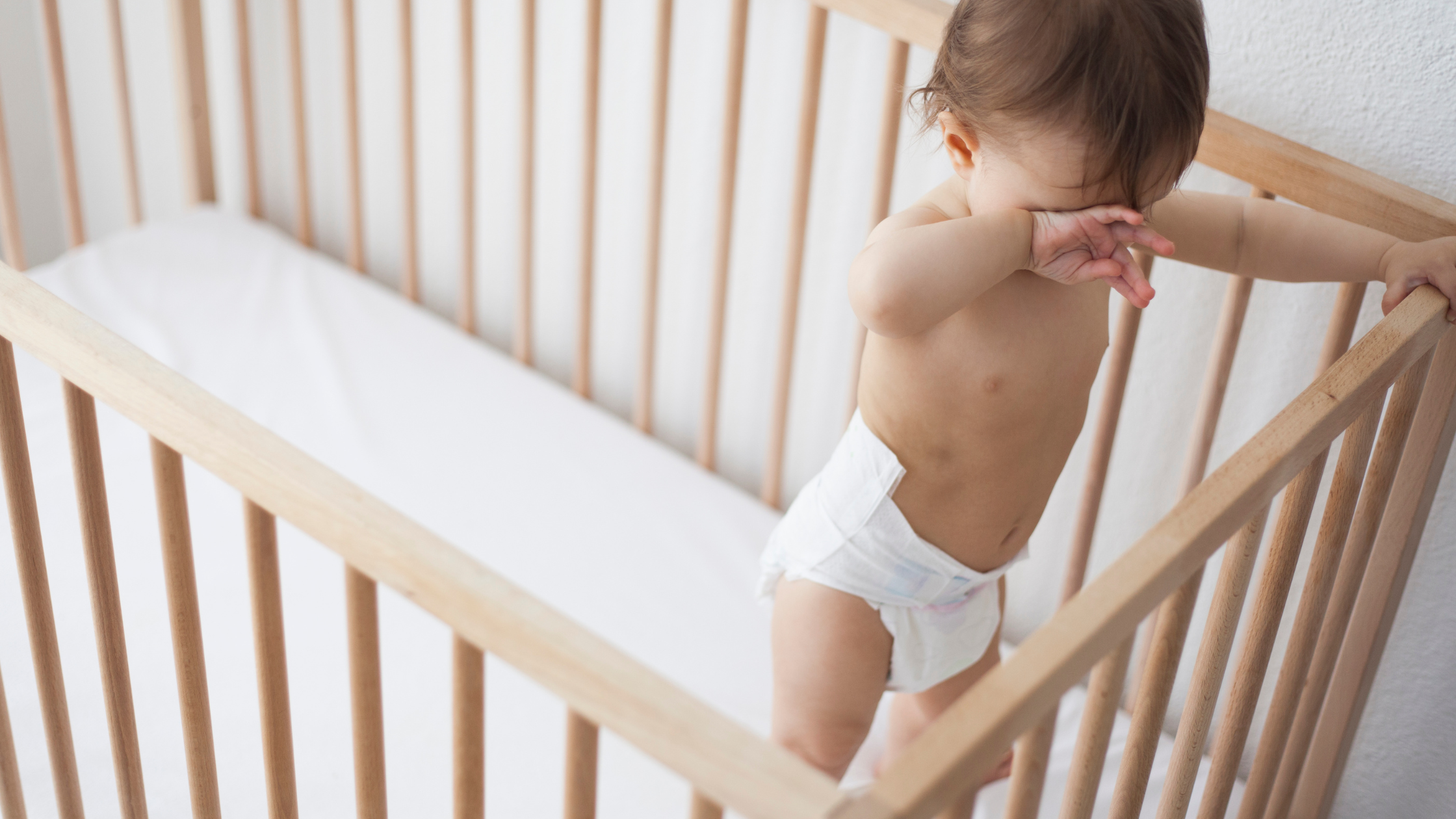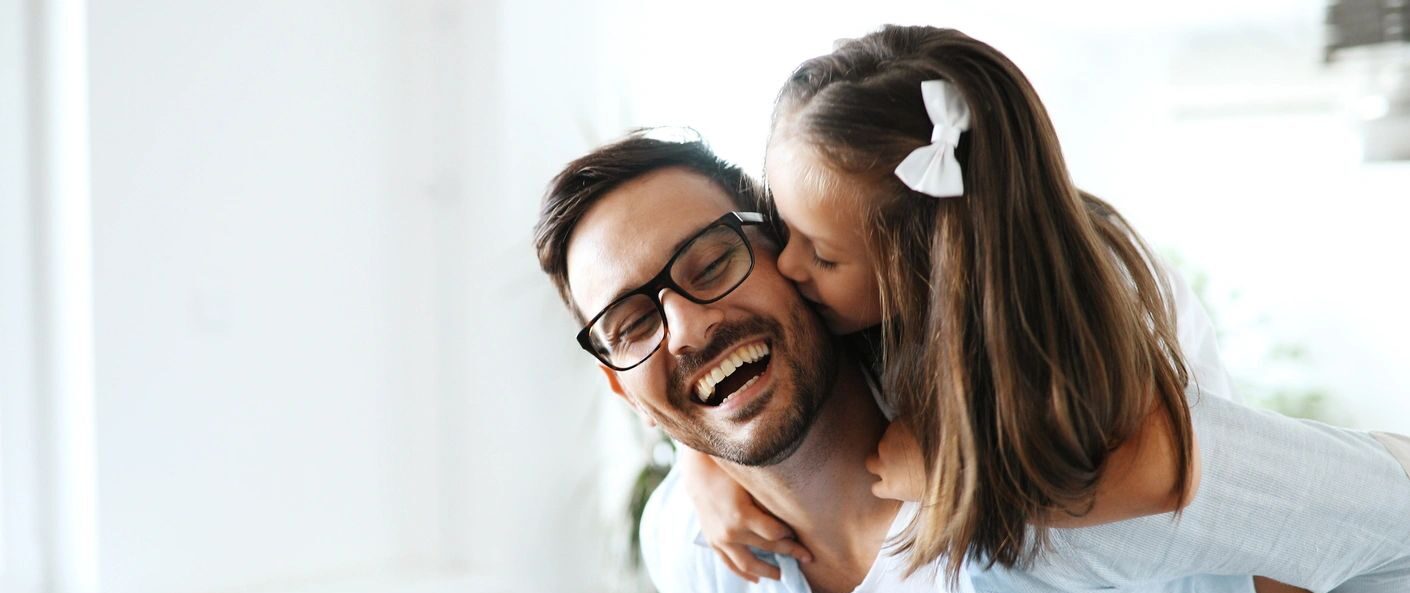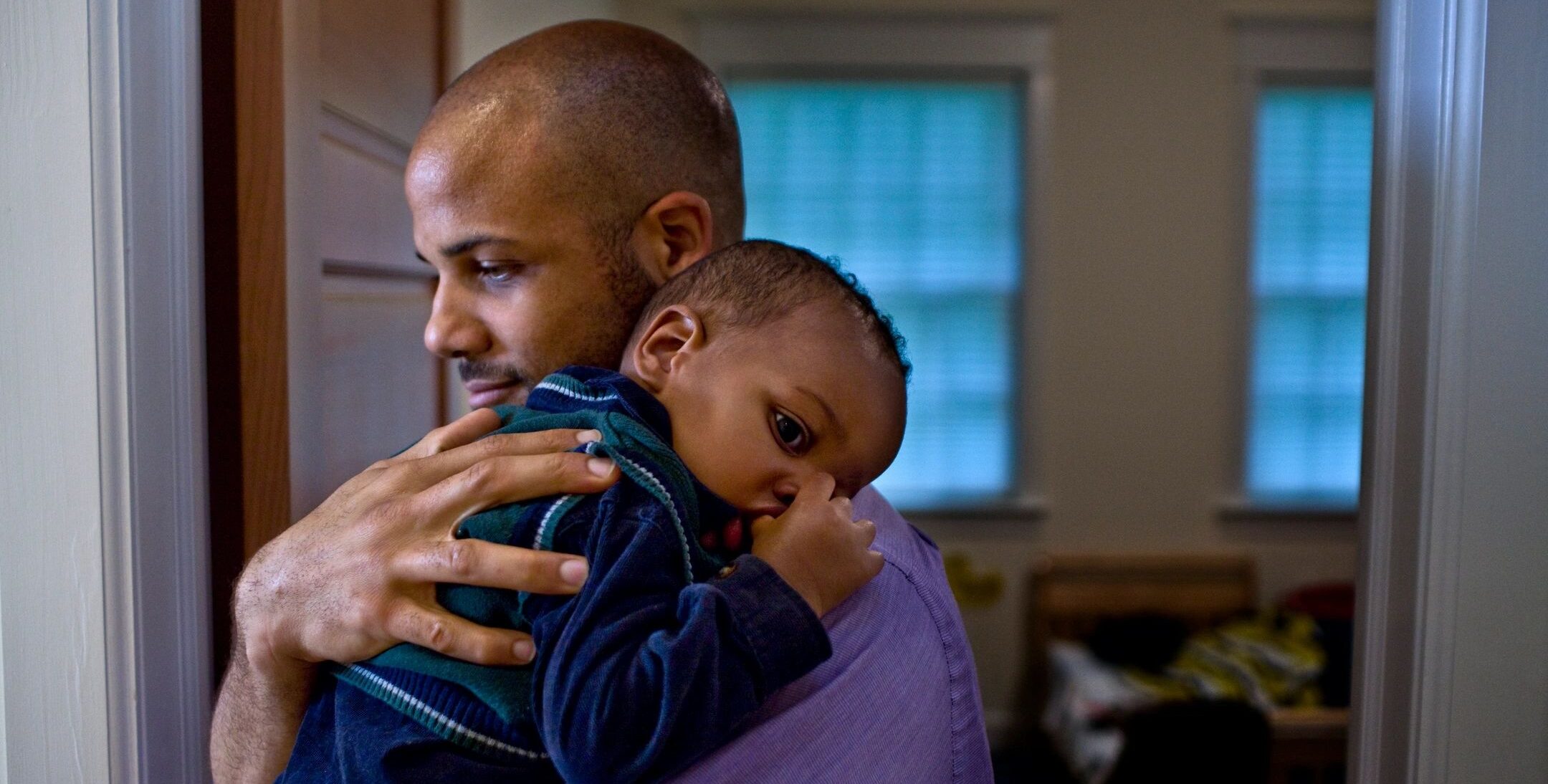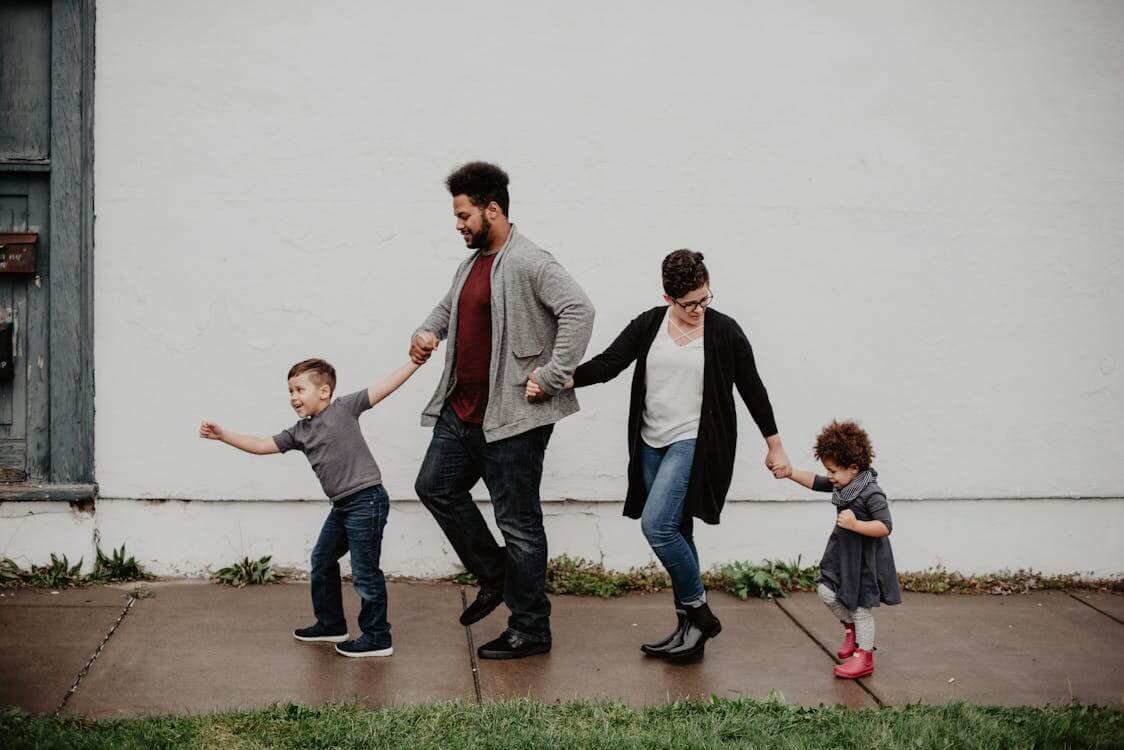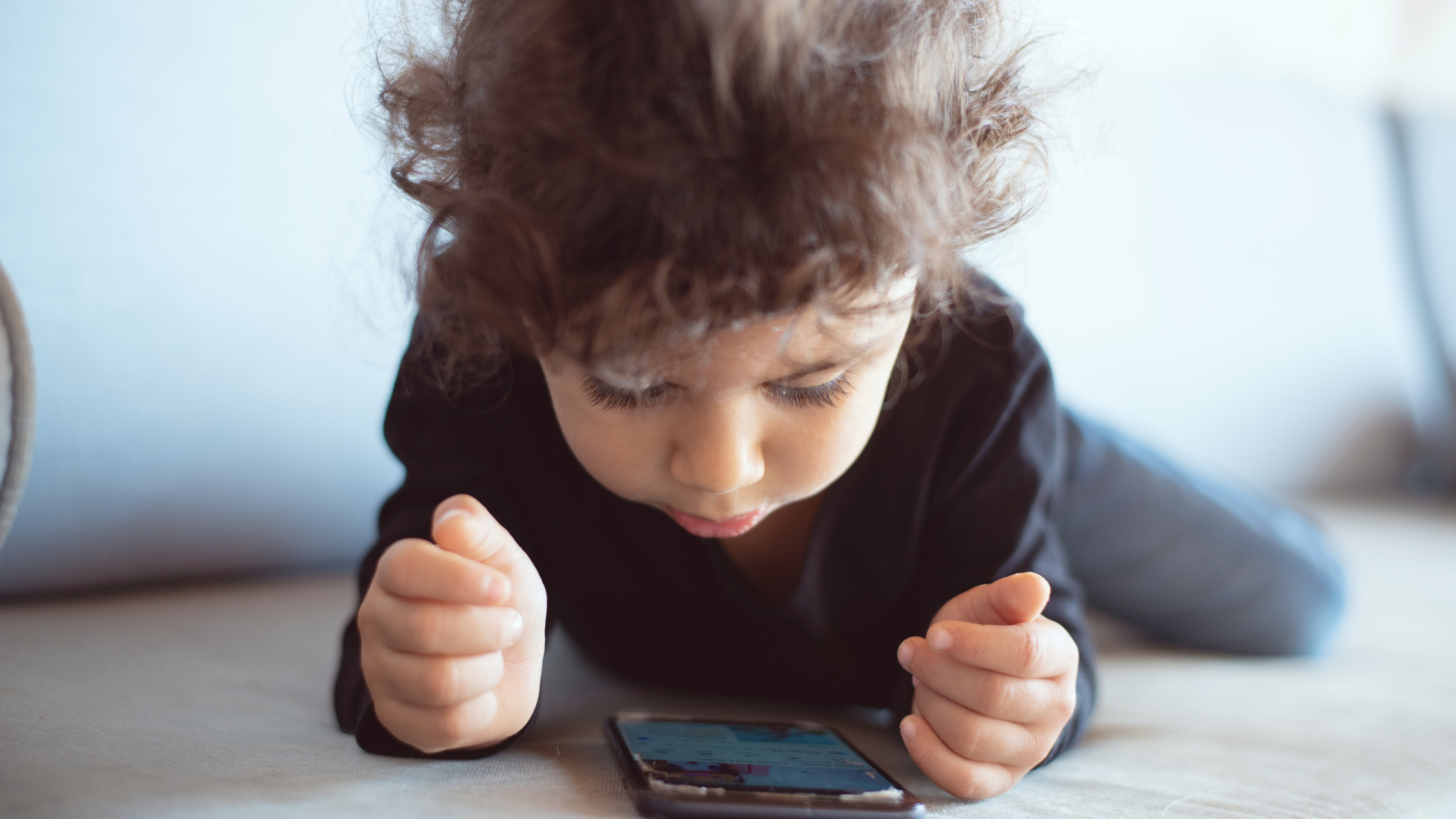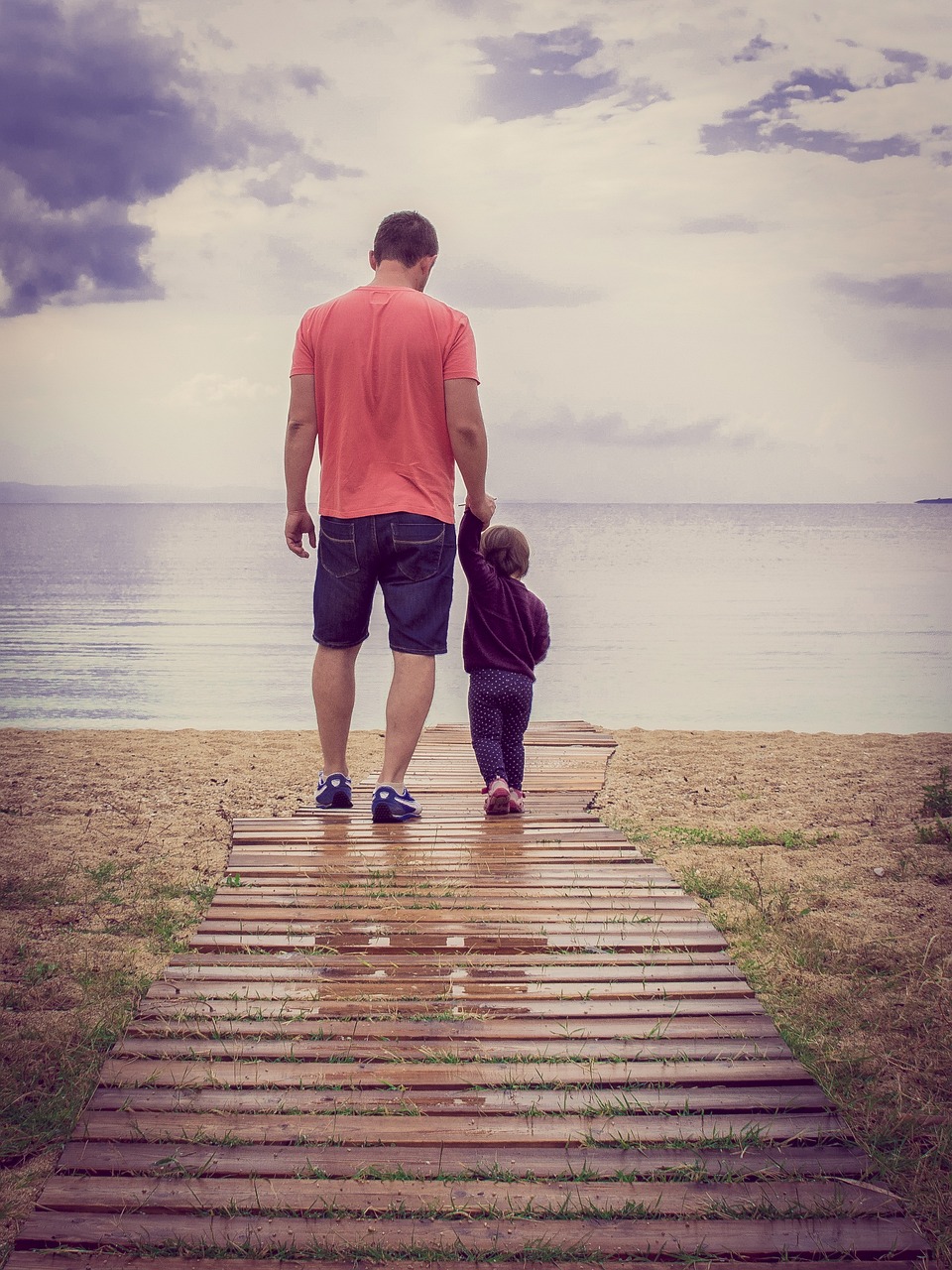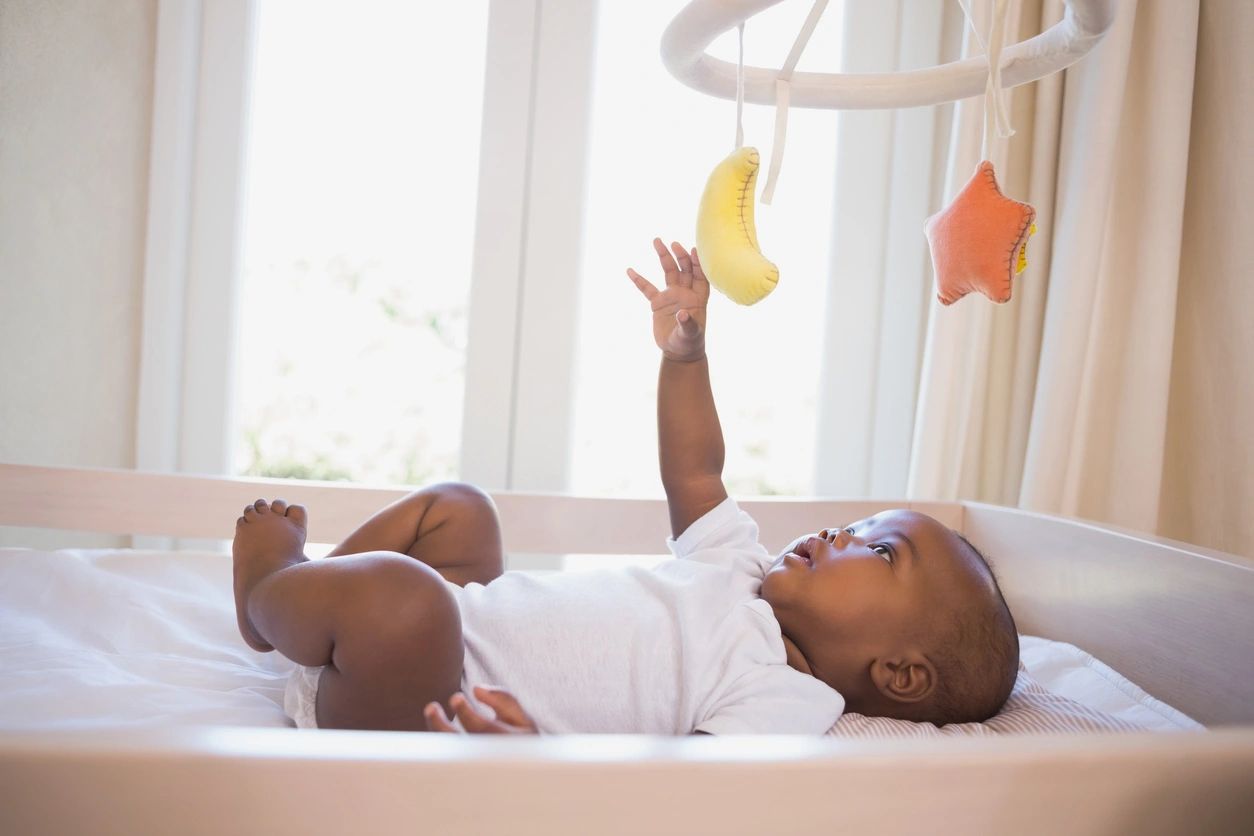How Common Is the Cry It Out Method Among Parents?
The “cry it out” method is used by 20-30% of parents to help their babies sleep, according to studies. Although 80-90% of families who try the method report improvements in sleep, many parents still feel conflicted. Surveys reveal that while 50% of parents believe cry it out is effective, 40-50% express concerns about its emotional impact, particularly on their child’s attachment and behavior. As a result, 55-65% of parents opt for more gradual sleep training methods, seeking alternatives that provide a balance between sleep improvement and emotional responsiveness.
Evidence Supporting the Safety of Cry It Out
One of the most prominent studies often cited by advocates of the cry it out method was conducted by researchers at Flinders University in Australia in 2016. This randomized controlled trial involved 43 infants between the ages of six and sixteen months who were divided into three groups: those using the cry it out method, those using a more gradual sleep intervention, and a control group with no sleep training. The study found that infants who underwent the cry it out method showed no significant differences in cortisol (a stress hormone) levels compared to the other groups. Additionally, follow-up evaluations conducted five years later revealed no negative impact on the children’s emotional health, behavior, or attachment to their parents. These findings suggest that the cry it out method may not cause the long-term harm that many critics fear.
Another 2020 study published in Pediatrics also provided some reassurance regarding the method’s safety. Researchers followed 178 children over the course of five years and found no evidence that cry it out sleep training led to insecure attachment styles or emotional problems later in life. According to this research, children who used the cry it out method had similar outcomes to those who did not, in terms of both their emotional regulation and attachment to caregivers.
These studies provide substantial evidence that for many families, cry it out can be an effective way to improve sleep without causing harm to the baby. Proponents argue that adequate sleep is critical for both the child’s development and the parents’ mental health. Poor parental sleep, especially due to nighttime wakefulness, has been associated with postpartum depression and can impact the overall family dynamic. For this reason, supporters believe that cry it out can be a beneficial solution for improving family well-being.
Concerns and Uncertainties About Cry It Out
While the evidence above suggests that cry it out is relatively safe, critics argue that we cannot definitively conclude that it has no impact on a child’s development, emotions, or behavior. Some researchers caution that more longitudinal studies are needed to fully understand the long-term effects of this method, especially during critical periods of brain development in infancy.
Critics of cry it out often highlight concerns about the potential for heightened stress in babies during sleep training. Although cortisol levels may not show significant differences in some studies, other researchers argue that stress responses in infants may be more nuanced and not fully captured through hormone measurements alone. For example, a study published in Developmental Psychobiology in 2020 found that although infants using cry it out may eventually stop crying, their physiological stress markers remained elevated for longer periods. This raises concerns about whether these stressors could affect emotional development or the brain’s wiring during a critical developmental window.
Another area of concern is attachment security. Some developmental psychologists argue that infants learn to rely on their caregivers for emotional regulation during the early years. When babies cry, they signal distress and expect a comforting response, which helps build trust and emotional bonds. The cry it out method, by design, involves delayed caregiver response. While this may not directly harm attachment, critics worry that repeated instances of unaddressed crying could lead to more insecure attachment styles in certain children, especially those who are more sensitive to stress or have difficult temperaments.
Finally, some parents report changes in their children’s behavior after sleep training, including increased clinginess or difficulty in calming down after emotional upsets during the day. Although this evidence is largely anecdotal, it has led some experts to question whether there are individual differences in how babies respond to cry it out that need further exploration.
Does Sleep Training Lead to Better Sleep in the Long Term?
Research studies have examined whether babies who undergo sleep training, such as controlled crying, experience long-term improvements in sleep. A 2016 study published in Pediatrics followed children who were sleep trained as infants and found that by age 2 and again at age 5, there were no significant differences in sleep quality between those who had undergone sleep training and those who had not. While sleep training can lead to short-term improvements in sleep, the study concluded that in the long term, sleep patterns in children even out, suggesting no lasting advantage for sleep-trained babies by age 5.
Does Controlled Crying Affect a Baby’s Behavior?
Several studies have examined the impact of controlled crying (a form of sleep training) on babies’ behavior, with findings indicating little to no long-term behavioral issues. A 2016 study published in Pediatrics found that controlled crying did not lead to behavioral problems at ages 2 or 5. Similarly, a 2012 study by Price et al. followed infants who underwent sleep training and found no significant differences in emotional or behavioral development compared to infants who were not sleep-trained. Additionally, a 2020 study in the Journal of Developmental & Behavioral Pediatrics concluded that sleep training methods, including controlled crying, were not associated with later emotional or behavioral issues. These studies collectively suggest that controlled crying has no long-term negative impact on a child’s behavior.
A Balanced Perspective
The debate surrounding cry it out sleep training reflects a broader tension between promoting independence in children and ensuring emotional responsiveness from caregivers. On one hand, current research largely supports the safety of cry it out when used correctly and in combination with nurturing daytime interactions. For many families, improving nighttime sleep can have significant benefits for both parents and children, leading to better mental health and family functioning.
However, caution is warranted. While studies suggest no clear long-term harm, some uncertainties remain regarding the emotional and developmental impact on more vulnerable children. Parents considering the cry it out method should be aware of their child’s temperament and be prepared to adapt their approach if signs of distress or insecurity emerge.
Ultimately, the choice of whether to use cry it out should be based on individual family needs and values, taking into account both the available research and the unique circumstances of each child.
Many aspects of postpartum, including the lack of sleep can influence a parent’s mental health and well-being resulting in increased emotional dysregulation. If you have been feeling like you have less control over your emotions and need some support, click HERE to learn more about our 1:1 coaching or our membership, The Reflective Parent Club.
Related Curious Neuron Podcast Episodes:
- Learning how to manage our emotions with Dr. Ann-Louise Lockheart (here)
- Cultivating a secure attachment with your child with Dr. Tina Payne Bryson (here)
- Stress during pregnancy with Dr. Susanne King (here)
- Supporting men in their emotional growth journey (here)
- Is screen time harmful for a child under 2? (here)
Sources:
- Gradisar et al. (2016) – “Five-year follow-up of behavioral infant sleep intervention” published in Pediatrics found no behavioral or emotional issues in children who were sleep-trained.
- Price et al. (2012) – Study published in Pediatrics that found no long-term behavioral differences in sleep-trained versus non-sleep-trained children.
- Douglas, P. & Hill, P. (2013) – “Behavioral sleep interventions in infants: What the research says” reviewed multiple studies and found minimal evidence linking controlled crying to behavioral issues.
- Santos et al. (2020) – “Long-term effects of behavioral sleep interventions on emotional and behavioral development” in Journal of Developmental & Behavioral Pediatrics concluded that sleep training does not lead to emotional or behavioral difficulties.
- Pediatrics (2016): A study followed infants who underwent sleep training and found no significant differences in sleep quality at age 2 and age 5 compared to those who were not sleep trained. The research suggests that while sleep training offers short-term benefits, it does not lead to lasting sleep improvements by age 5.
- Flinders University (2016): This randomized controlled trial explored the effects of controlled crying and found no significant differences in cortisol levels (a stress marker) or emotional well-being in children five years after sleep training.
- Pediatrics (2020): This study followed 178 children over five years and found no evidence that sleep training, including controlled crying, led to insecure attachment or emotional problems later in life.
- Early Human Development (2014): The study indicated that while sleep training may help in the short term, 28% of parents expressed concerns about emotional distress, although long-term emotional or behavioral harm was not conclusively found.

